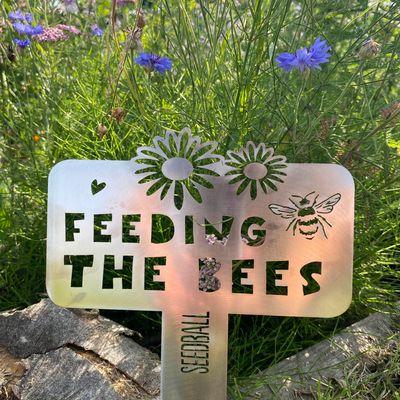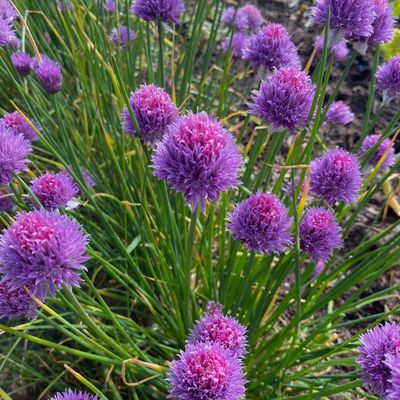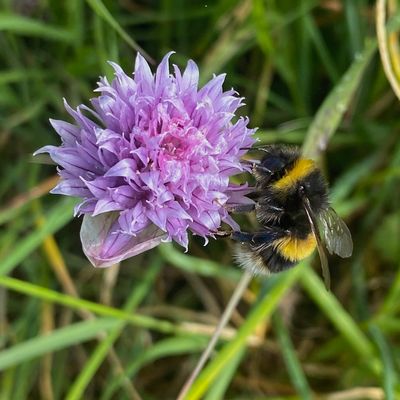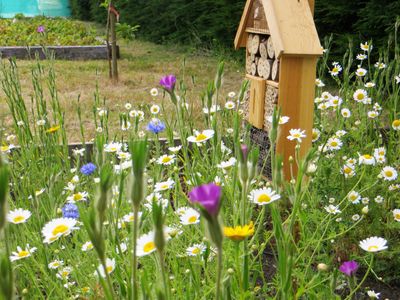Future-proof your patch: drought tolerant and robust wildflowers
Published:
Read Time: 2 mins
With the UK recently experiencing its hottest end of June on record, and an unrelenting third heatwave gripping the country, many gardens are under serious strain. As drought conditions take hold and hosepipe bans loom across several regions, gardeners are left wondering how to keep their outdoor spaces thriving in the face of increasingly extreme weather.
Dr Emily Attlee, conservation scientist and co-founder of Seedball, the original seed ball company, shares her top picks for wildflowers that can handle the heat and still put on a beautiful show:
“Coneflowers
These vibrant, native wildflowers are not just a feast for the eyes - they’re also tough and reliable perennials that come back year after year. Easy to grow and adored by pollinators, coneflowers bring long-lasting colour and drought resilience to any garden.
“Oxeye Daisy
Often spotted on roadside verges, the oxeye daisy is a fuss-free flower that thrives on neglect. It handles poor soil well and requires very little watering once settled in. These cheerful self-seeders return annually and spread with ease - bringing with them rustic charm and a welcome haven for pollinators.
“Meadow Cranesbill
Although young plants may need a little more water to begin with, meadow cranesbill is a fantastic choice for dry, well-drained soil once matured. With rich violet blooms and a place in the geranium family, this plant supports pollinators while adding definition and charm to beds and borders.
“Musk Mallow
With soft pink flowers and a classic cottage garden appeal, musk mallow is both beautiful and hardy. Low maintenance and drought tolerant, it dies back in autumn but reliably reappears in spring. Its vintage look and wildlife-friendly nature make it a garden favourite.
“Cornflower
These eye-catching blue blooms feature open faces, frilled petals, and curly stamens. Loved by bees and other beneficial insects, cornflowers are easy going once established and thrive with minimal watering. Ideal for adding colour and texture to a dry garden.
“These are just a small selection, as most native wildflowers are naturally suited to withstand drought once they've taken root. Many have evolved over time to adapt to the UK’s unpredictable weather patterns, including long dry periods. Some even store seeds beneath the soil, ready to regenerate when conditions improve. So, if you’re planning for the future of your patch, wildflowers are a smart, sustainable choice.”
For more tips from Emily and the Seedball team, or to browse their full range of native wildflowers and start rewilding your own garden, head over to www.seedball.co.uk.
Ends
Editors notes
Seedball was founded by two conservation scientists wanting to boost biodiversity and help wildlife.
Seedball Ltd is an innovative organisation on a mission to help increase the abundance of British wildflowers and the wildlife that depends upon them.
Owned by Project Maya – a non-profit enterprise - Seedball manufactures wildflower seed balls using a unique innovation of wildflower seeds mixed with clay, peat-free compost and chilli powder to naturally protect seeds from predators. Its products are sold in over 500 stores in the UK, including Kew Gardens, The Woodland Trust and Blue Diamond Garden Centres, as well as online retailers such as Crocus and Marie Curie. Each year, Seedball also donates products to hundreds of schools and community groups to help support their nature projects.










